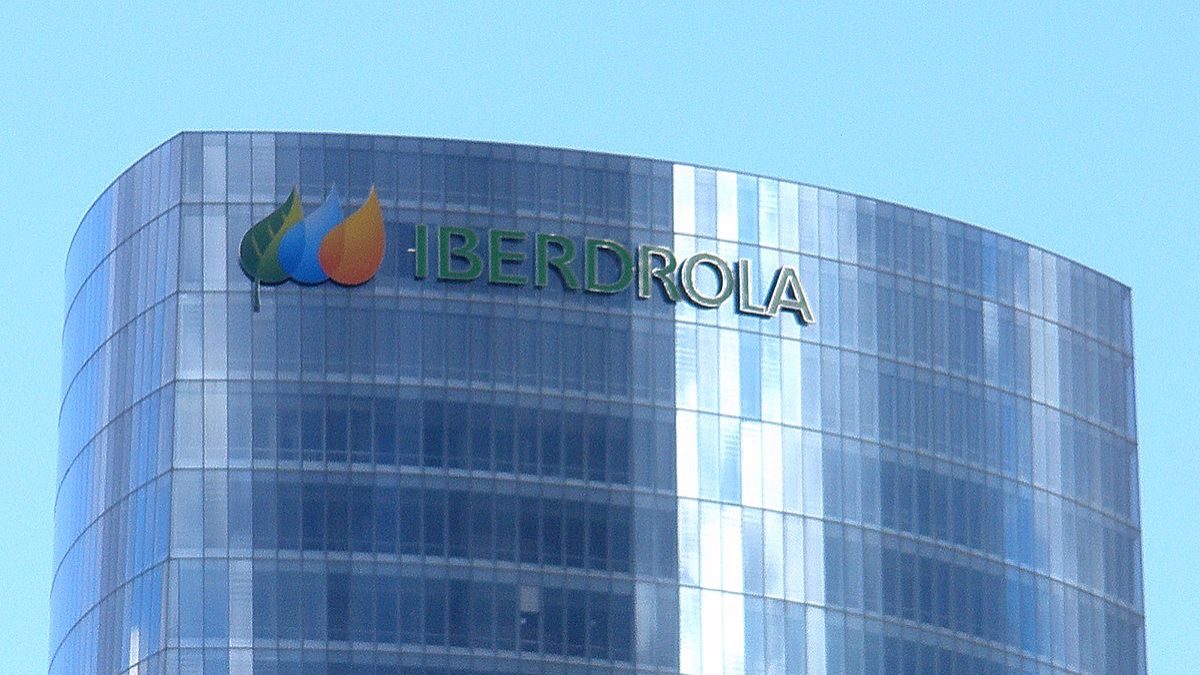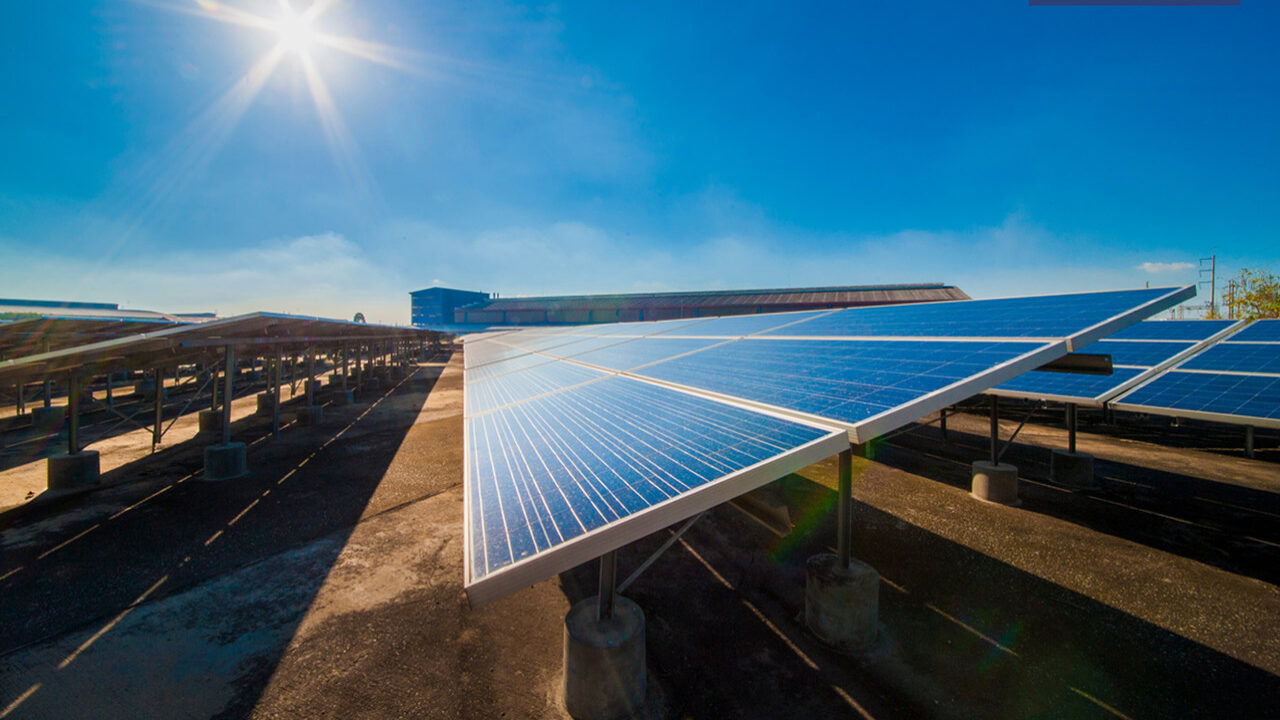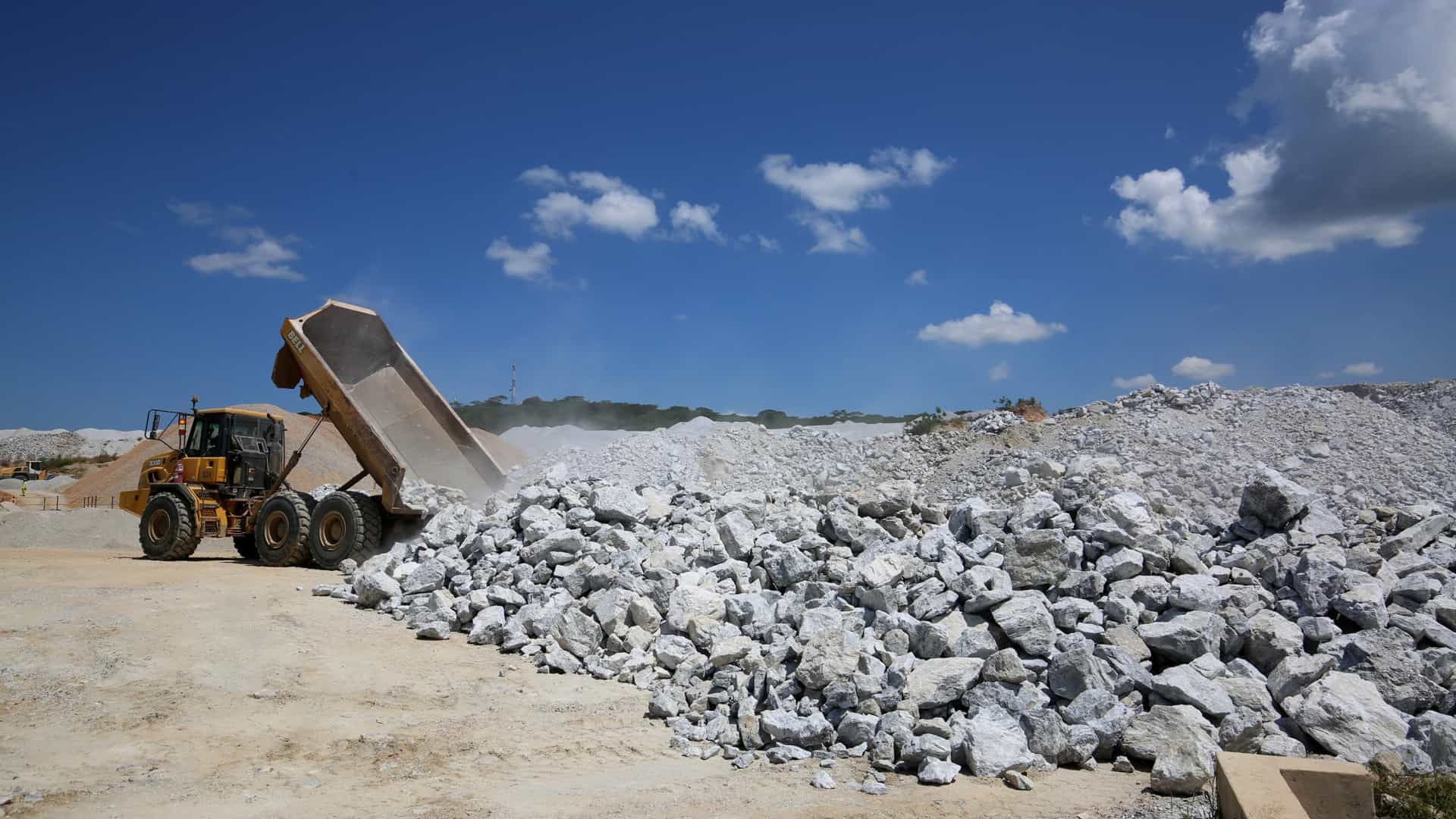Cement producer Cimpor to install solar power at production plants
"Cimpor will invest in the installation of a photovoltaic park at each of its three production units in Portugal (Alhandra, Souselas and Loulé)," the company said in a statement.
Cimpor will install a photovoltaic plant at each of its three production units in Portugal, a project that is part of an investment package that may exceed €130 million in 10 years.
“Cimpor will invest in the installation of a photovoltaic park at each of its three production units in Portugal (Alhandra, Souselas and Loulé),” the company that produces and sells cement said in a statement.
In response to Lusa, Cimpor did not reveal the value of investment in photovoltaic plants, but said the project was part of an investment package that could exceed €130 million over the next decade.
The project in question provides for the installation of one megawatt (MW) of power for self-consumption at each plant.
The conclusion of the installation is expected by the end of the year, with an estimated expansion to 10 MW by 2025.
In total, 6,500 photovoltaic panels will be installed on about 3.5 hectares on the grounds of each factory, with an estimated annual power production capacity of 4.5 gigawatts per hour, avoiding the emission of 1,100 tons of carbon dioxide (CO2) per year.
Cimpor is also preparing the installation, at the Alhandra and Souselas units, of two residual process heat recovery units for power generation, with almost eight megawatts of power.
According to the company, together with the photovoltaic plants, the goal is to autonomously generate 30% of energy needs and also reduce indirect CO2 emissions by 30%.
The project was announced as part of the disclosure of the sustainability report.
In the last three years, Cimpor has allocated €7.2 million to environmental investments to make operations more sustainable.
“The photovoltaic project for the production of electricity at the three production units, among others underway, is strategic to achieve the environmental objectives we have set ourselves, in addition to reducing electricity consumption and optimising production processes,” Cimpor CEO Luís Fernandes said.
In the document, Cimpor also noted that in recent years it has increased the use of alternative raw materials, and last year it used about 150,000 tonnes, equivalent to just under 3% of total raw materials consumed.
The company also wants to achieve a 70% thermal replacement rate by 2030.
In 2020, Cimpor had already announced an investment of €100 million in projects to modernise industrial assets and research and development, to be carried out by 2030.


